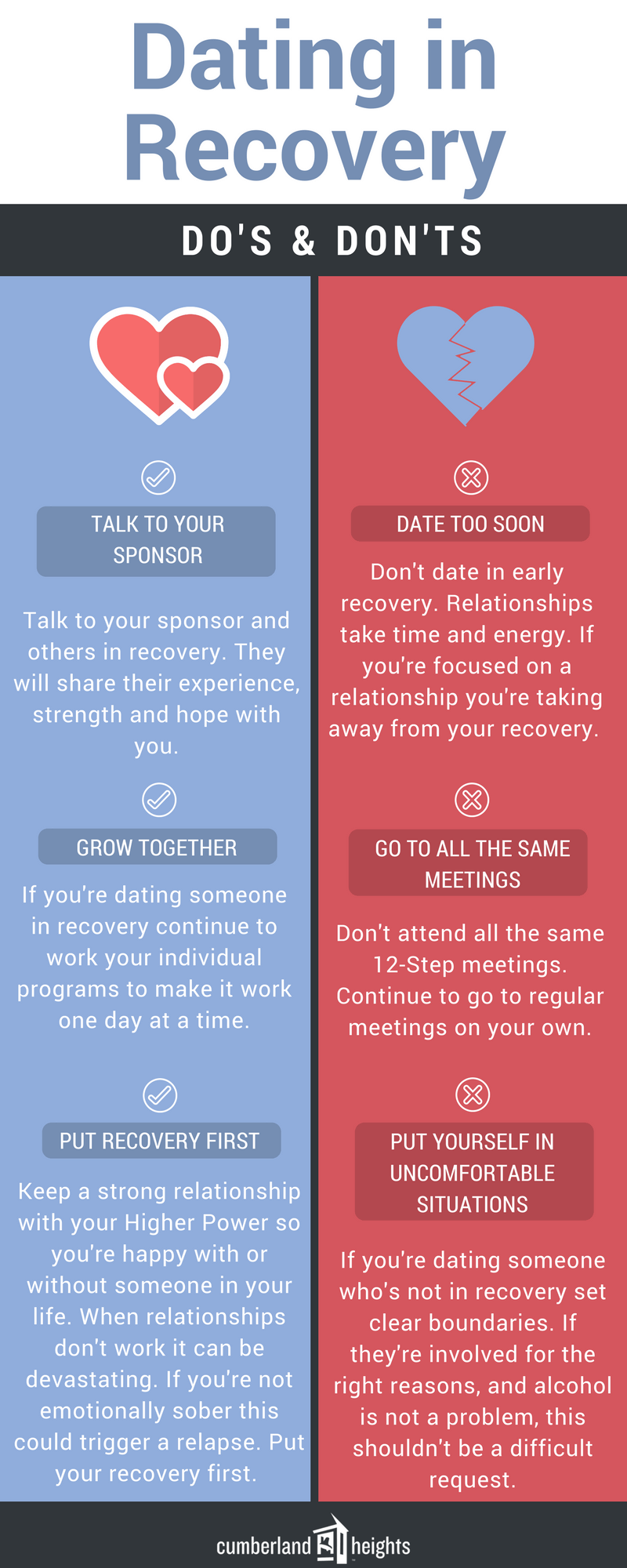The Value Of Aftercare In Alcohol Rehab Centers

Content written by-Noble Kirby
Are you all set to take the following action in the direction of a much healthier and also sober life?
The journey via alcohol rehab centers is a crucial initial step in overcoming addiction. Nonetheless, it is necessary to keep in mind that the roadway to recuperation doesn't finish there.
The importance of aftercare in alcohol rehab centers can not be overemphasized. It is the essential to improving your long-lasting recuperation and also preventing regression.
After finishing a rehab program, you might feel a sense of accomplishment as well as newfound stamina. But without the proper support and also support, the obstacles of maintaining soberness can be frustrating.
That's where aftercare is available in. It gives you with the tools, resources, and also continuous support you need to navigate the ups and downs of life after rehab. With a mix of therapy, support system, and ongoing therapy, aftercare helps you construct a solid foundation for your healing journey.
So, bend up as well as get ready to uncover the importance of aftercare in alcohol rehabilitation facilities, because your journey to lasting soberness has actually simply begun.
Enhancing Long-Term Recuperation
Enhancing long-lasting recovery is like planting seeds in a yard, where aftercare in alcohol rehab centers acts as the nurturing sunshine and also water to aid those seeds grow into solid, resilient plants.
After completing the first treatment program, aftercare plays a crucial duty in preserving soberness as well as preventing regression. It supplies recurring assistance, assistance, as well as sources to people as they shift back to their lives.
One crucial element of aftercare is the execution of relapse prevention methods. Through specific therapy sessions and also support groups, people find out coping systems as well as tools to manage triggers as well as food cravings. They're equipped with the needed skills to navigate challenging scenarios and manage anxiety without turning to alcohol.
This ongoing assistance aids individuals stay devoted to their sobriety trip and prevent falling back right into old patterns.
Furthermore, aftercare in alcohol rehab facilities offers a sense of area as well as link. Going to regular support group meetings enables people to share their experiences, challenges, as well as successes with others who comprehend their struggles. This feeling of belonging as well as assistance can be unbelievably encouraging and guaranteeing. It reminds individuals that they're not the only one in their trip which there are others that have actually dealt with comparable challenges and also overcame them.
Aftercare in alcohol rehabilitation centers is important for enhancing lasting recovery. It provides the necessary assistance, devices, and also community for people to keep their sobriety and also stop relapse. By nurturing individuals' progress as well as offering continuous guidance, aftercare makes sure that the seeds of recuperation continue to grow and thrive right into a healthy, fulfilling life.
Avoiding Regression
In order to maintain sobriety, it's vital for you to actively engage in regression avoidance methods post-treatment. Stopping relapse is a continuous process that calls for initiative as well as dedication.
Below are three vital methods to help you remain on track:
1. Develop a strong support network: Border yourself with people that recognize as well as support your journey towards soberness. This can include your family members, good friends, as well as support groups. Having a network of individuals that are there for you during testing times can make a significant distinction in protecting against regression.
2. Develop mouse click the up coming website coping mechanisms: It is necessary to locate healthy methods to deal with stress and anxiety, triggers, as well as desires. This can consist of practicing mindfulness strategies, participating in routine exercise, or pursuing hobbies and rate of interests you delight in. By locating favorable electrical outlets for your emotions, you can stay clear of resorting to alcohol as a coping system.
3. Develop a relapse avoidance strategy: Work with your therapist or counselor to create a relapse avoidance strategy customized to your particular demands and also triggers. This plan must include techniques for identifying warning signs, coping with desires, and also seeking aid when required. By having a plan in place, you'll be better furnished to navigate tough scenarios and also remain on the path to long-lasting recovery.
Bear in mind, stopping relapse is a constant trip that requires self-awareness, commitment, as well as ongoing assistance. By proactively engaging in regression avoidance strategies, you can raise your chances of preserving sobriety as well as leading a healthy, satisfying life.
Navigating Obstacles of Reintegration
When you reintegrate into society after completing treatment, browsing the difficulties of reintegration can feel like stepping onto a complicated and strange path. You might have created new coping systems as well as skills during your time in rehab, however applying them in the real world can be intimidating.
One of the largest obstacles you may encounter is handling triggers and also temptations that can bring about regression. It is necessary to keep in mind that you're not the only one in this trip. Connect to your support network, whether it's close friends, household, or fellow recovering addicts, who can supply advice as well as understanding during this difficult time. They can help you identify prospective triggers and create approaches to handle them, such as avoiding particular locations or scenarios, locating healthy alternatives to manage stress, and exercising self-care.
One more difficulty of reintegration is restoring partnerships that may have been stressed or harmed because of your dependency. It prevails to really feel a mix of feelings, consisting of shame, embarassment, as well as fear, when reconnecting with enjoyed ones. It's important to approach these discussions with honesty, humility, as well as a readiness to apologize.
Remember that rebuilding count on takes time and also constant initiative. Endure yourself and also those around you as you work in the direction of fixing and strengthening these connections. Additionally, consider seeking expert help from specialists or counselors that specialize in addiction recovery as well as family therapy. They can supply advice and support as you browse the intricacies of restoring partnerships and developing much healthier interaction patterns.
Final thought
To conclude, aftercare is an essential element of alcohol rehabilitation facilities, as it plays an essential role in enhancing long-term healing and also avoiding relapse. By providing continued assistance and also assistance after the initial treatment, aftercare programs make certain that individuals have the needed devices to navigate the difficulties of reintegration right into society.
Envision a sailing boat embarking on a journey across the huge ocean. The initial rehabilitation therapy serves as the solid wind that propels the boat forward, aiding it cruise away from the stormy waters of addiction. Nevertheless, without proper aftercare, the watercraft dangers shedding its means and also obtaining caught in the treacherous currents of relapse. Aftercare work as the compass, assisting the boat in the direction of safe harbors as well as aiding it remain on training course in the direction of lasting soberness.
Information sustains the performance of aftercare programs in maintaining recovery. Research studies have actually revealed that people who participate in aftercare are more probable to preserve abstinence and experience enhanced total health contrasted to those that do not receive continuous assistance. This data underscores the value of aftercare in preventing relapse as well as advertising lasting recuperation.
By offering a continuum of treatment, aftercare programs make sure that people have access to support networks, treatment sessions, and also sources that deal with the difficulties they might come across post-rehab.

